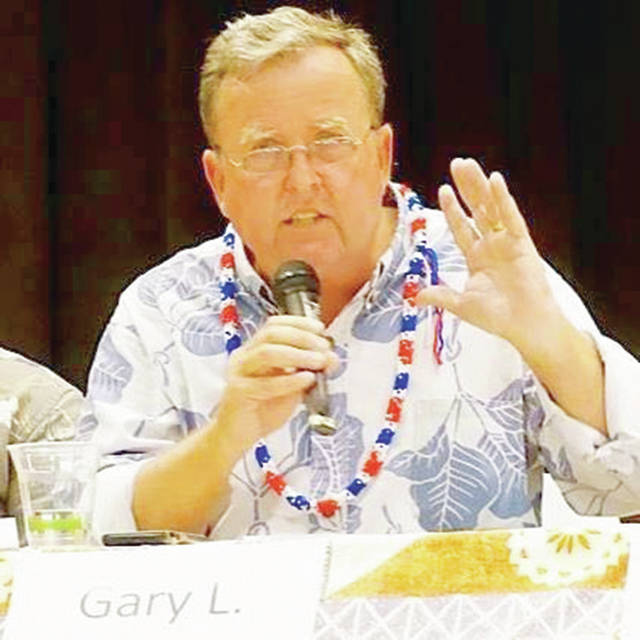If the last month of 2017 portends the events yet to unfold in 2018, grassroots democracy has some cause for cautious celebration — at least on the island of Kauai.
Remember the Kauai General Plan Update (GPU) I’ve been talking about since August? https://garyhooser.wordpress.com/2017/08/28/time-to-hit-re-set-on-kauai-general-plan-hooser-policy-politics/
The General Plan Update now before the Kauai County Council is an example of how citizen engagement in the policy-making process is supposed to work.
A diverse coalition of local residents formed some many months ago, essentially via a spontaneous organic process, in response to what many believed was a flawed General Plan Update, poised to be approved by the council.
This group went to the Chair of the Council Planning Committee, Councilmember Mason Chock, and requested guidance as to how to approach the challenge of amending and improving the plan.
The group then followed Councilmember Mason Chock’s advice, thoroughly reviewed all aspects of the plan, presented specific, detailed amendments, and then reinforced those suggestions with thoughtful, fact-based, professional testimony.
While some of the suggested amendments were technical, non-substantive changes, many would have lasting impacts on our community if adopted.
Requiring the consideration of surface water and stream flow impacts when approving new urban growth, correcting misinformation with regards to visitor projections, deleting a North Shore resort designation of what is now agricultural land, and proposing options pertaining to moratoriums tied to specific infrastructure needs (water, traffic etc.) were among the most significant amendments presented. Overall, the community-based proposals focused on ensuring the sensible and responsible management of Kauai’s future growth.
A majority of the council Planning Committee members — Chock, Mel Rapozo, JoAnn Yukimura and Derek Kawakami — appreciative, no doubt, of the significant community effort, and seeing the tangible value being offered, voted to approve many of the amendments offered.
In contrast, Councilmembers Ross Kagawa, Arthur Brun and Arryl Kaneshiro voted almost without exception as a block, in opposition to the vast majority of the amendments supported by the community coalition.
Unfortunately, when truly substantive amendments were presented, Councilmember Kawakami too often crossed over to their side as well.
But, in spite of the opposition presented by large land owners, developers and various moneyed interests, the community-based effort was able to make some meaningful inroads.
The community effort was professional, fact-based and courteous at all times when presenting their amendments and testimony to the council Planning Committee.
Unfortunately, the same could not be said of the conduct of a handful of councilmembers, who showed obvious disdain for the process through their body language, constant rolling of the eyes, and the nature and tone of their comments.
The community coalition presented a united front, representing a geographically diverse coalition. They sought out guidance from councilmembers and council staff, they learned the process of lawmaking and then followed the rules as they were instructed.
Consequently, it appears at this point (although the final votes are yet to come) that progress has been made, and Kauai’s General Plan is better today than it would have been if not for this effort.
While many important amendments have failed to pass or have yet to be considered, an impartial observer scoring this effort would count it as a win for our community.
To be clear, there is still much work to be done, and residents in support of good planning should be present to help at the next council Planning Committee meeting, tentatively scheduled on or about Jan. 25. Additional amendments may be considered at this final committee meeting.
This is what democracy looks like on Kauai.
Though it may not be pretty, it is alive and well — and growing. And the lines have been drawn fairly clearly as to the interests being served by various members of the council.
Mahalo to all who have participated in helping bring us this far. Imua!
•••
Gary Hooser formerly served in the state Senate, where he was majority leader. He also served for eight years on the Kauai County Council and was the former director of the state Office of Environmental Quality Control. He serves presently in a volunteer capacity as board president of the Hawaii Alliance for Progressive Action and is executive director of the Pono Hawaii Initiative.


